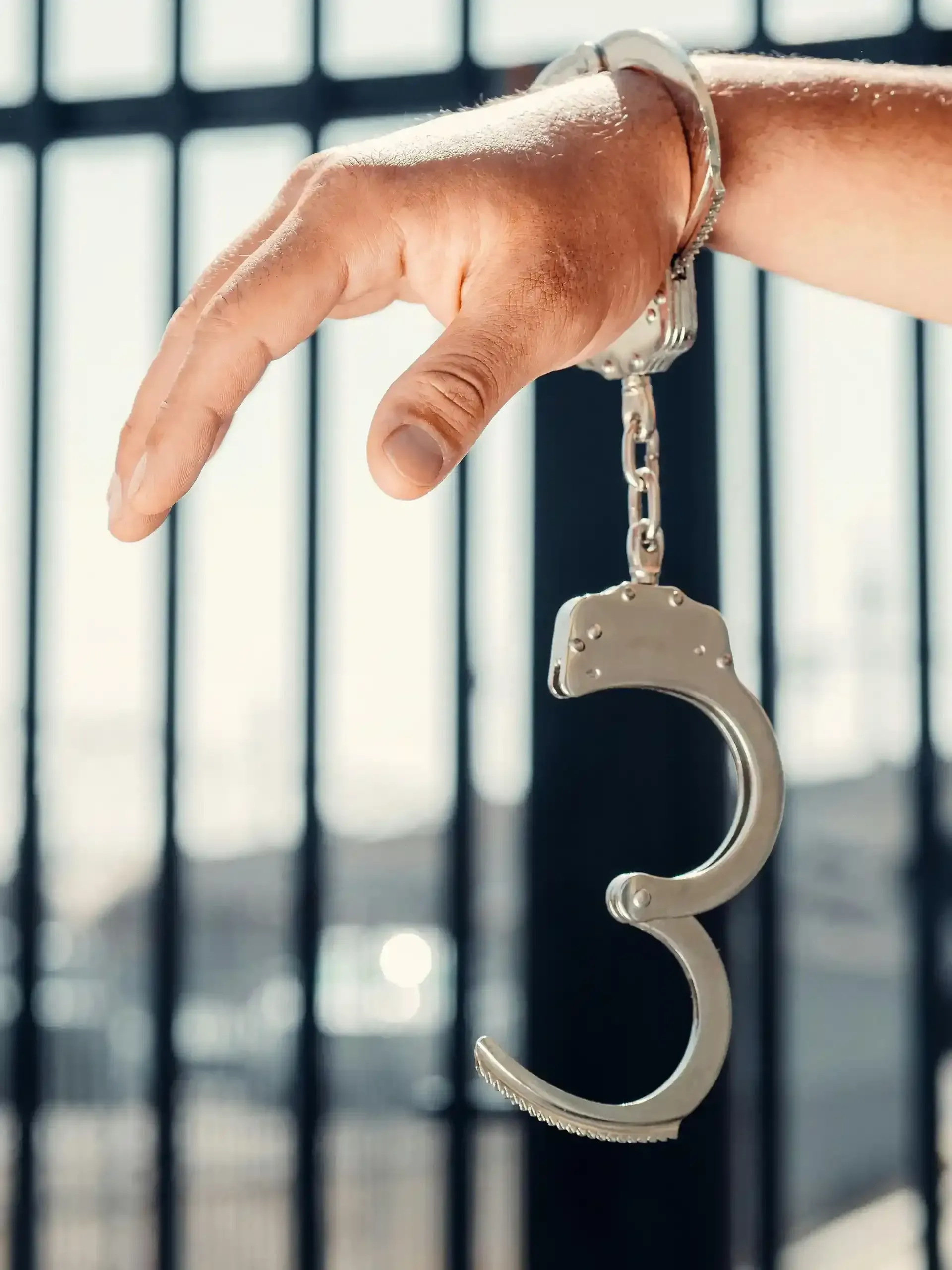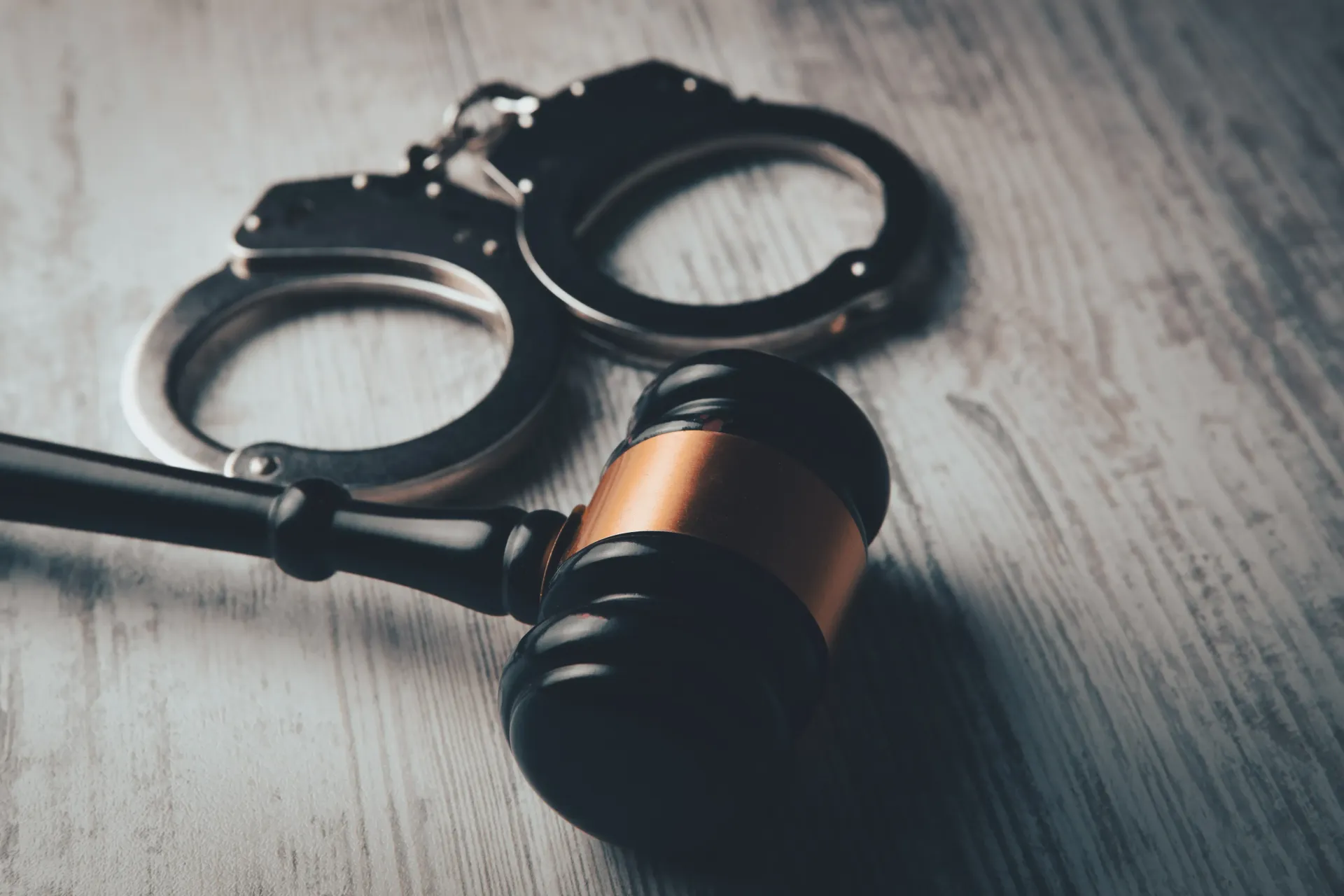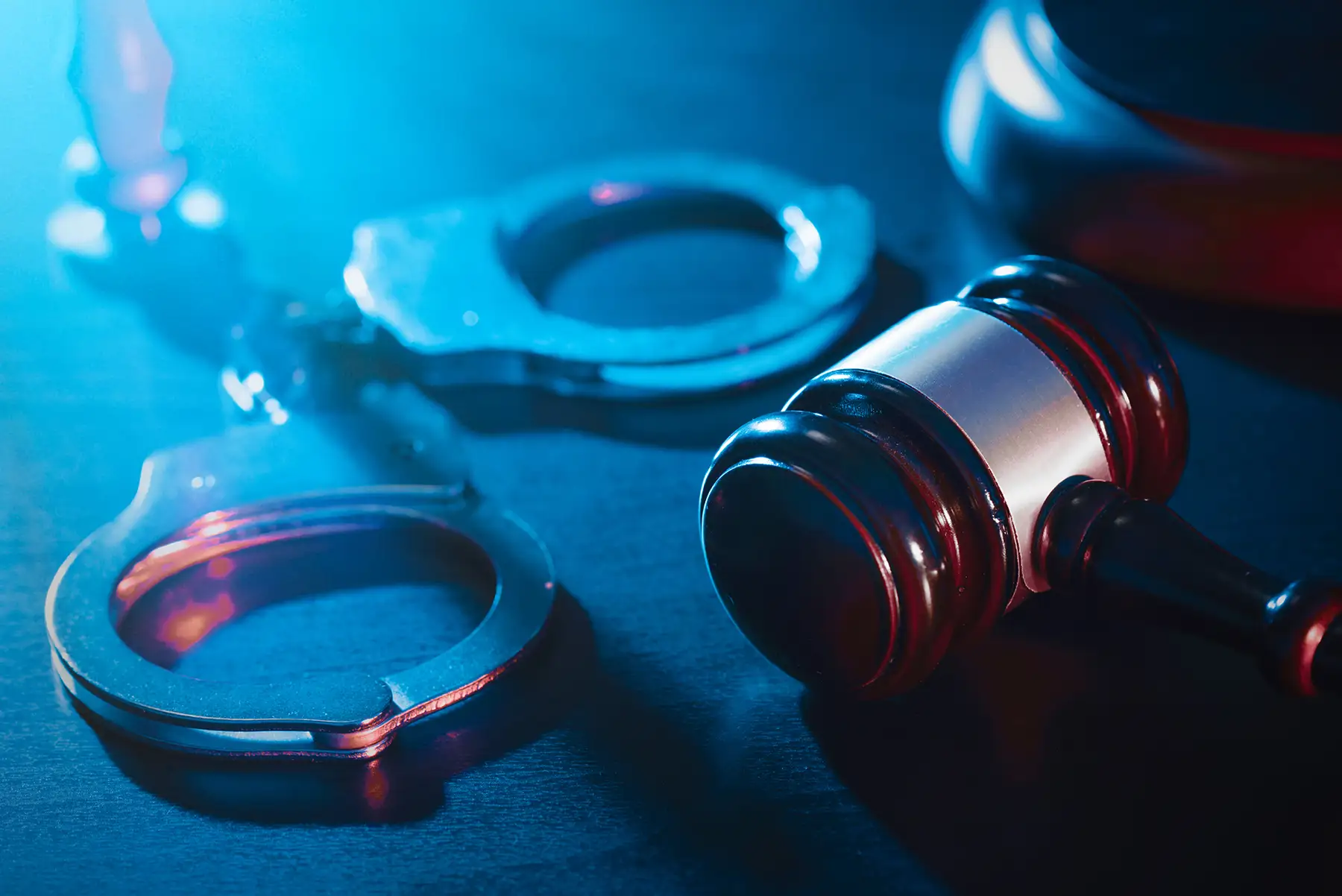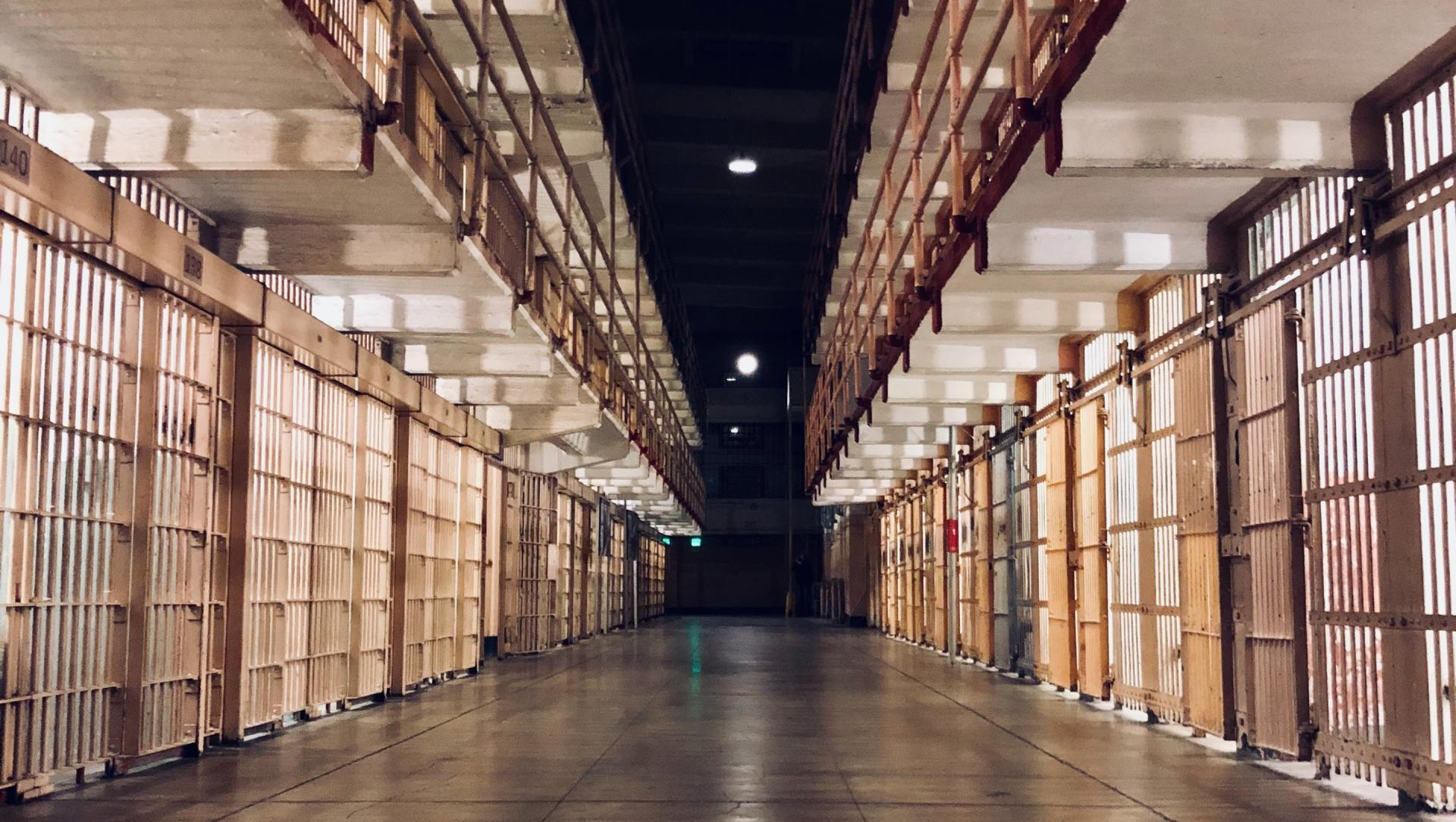January 23, 2025
Probation is a common alternative to incarceration in the criminal justice system, allowing individuals to serve their sentences under supervision in the community. However, it comes with strict conditions that must be adhered to. If you are wondering, “What happens when probation is violated in Tampa?” it is crucial to understand the potential consequences and the legal processes involved. Violating probation can lead to serious repercussions, including the possibility of incarceration, additional fines, or extended probation terms. This article will explore the various aspects of probation violations in Tampa, including the types of violations, the legal process that follows, and the potential outcomes. Types of Probation Violations When discussing “What happens when probation is violated in Tampa,” it is essential to recognize the different types of violations that can occur. Violations can be categorized into two main types: technical violations and substantive violations. Technical Violations: These occur when a probationer fails to comply with specific conditions set by the court. Examples include missing scheduled meetings with a probation officer, failing drug tests, or not completing mandated community service hours. Technical violations do not necessarily involve committing a new crime but indicate a failure to adhere to the terms of probation. Substantive Violations: These involve the commission of a new crime while on probation. If a probationer is arrested for a new offense, this is considered a substantive violation. The severity of the new crime can significantly impact the consequences of the probation violation. The Legal Process Following a Violation If you find yourself in a situation where you are asking, “What happens when probation is violated in Tampa?” it is important to understand the legal process that follows a violation. The process typically involves several steps: Notification of Violation: When a probation officer identifies a violation, they will file a report with the court. This report outlines the nature of the violation and may recommend specific actions. Arrest Warrant: In some cases, the court may issue a warrant for the arrest of the probationer. This is more common in cases of substantive violations or when the probationer is deemed a flight risk. Hearing: After a violation is reported, a hearing will be scheduled. During this hearing, the probationer has the right to present evidence and argue against the violation. The prosecution will also present evidence supporting the claim of a violation. Judge’s Decision: After reviewing the evidence, the judge will determine whether a violation occurred. If the judge finds that a violation has taken place, they will decide on the appropriate consequences. Potential Consequences of a Probation Violation Understanding “What happens when probation is violated in Tampa” also involves knowing the potential consequences that can arise from a violation. The outcomes can vary widely based on the nature of the violation, the probationer’s history, and the judge’s discretion. Some possible consequences include: Reinstatement of Probation: In some cases, the judge may choose to reinstate probation with additional conditions. This could involve extending the probation period or adding new requirements, such as mandatory counseling or rehabilitation programs. Modification of Terms: The judge may modify the terms of probation, making them more stringent. This could include more frequent check-ins with a probation officer or additional community service hours. Incarceration: For more severe violations, particularly substantive violations, the judge may impose a jail or prison sentence. The length of incarceration can vary based on the original offense and the nature of the violation. Fines and Fees: The court may impose additional fines or fees as a consequence of the violation. This can add a financial burden to the probationer, making compliance with probation even more challenging. Extended Probation: In some cases, the judge may decide to extend the probation period, requiring the individual to remain under supervision for a longer time. Factors Influencing the Outcome When considering “What happens when probation is violated in Tampa,” it is essential to recognize that several factors can influence the outcome of a probation violation hearing. These factors include: Nature of the Violation: The severity and type of violation play a significant role in determining the consequences. Technical violations may result in less severe penalties than substantive violations. Probationer’s History: A probationer’s prior criminal history and their compliance with probation terms can impact the judge’s decision. A history of compliance may lead to more lenient consequences. Circumstances Surrounding the Violation: The context of the violation, such as whether it was a one-time mistake or part of a pattern of behavior, can influence the judge’s ruling. Legal Representation: Having an experienced attorney can significantly affect the outcome of a probation violation hearing. A skilled lawyer can present a strong defense and advocate for more favorable terms. The Importance of Compliance Given the potential consequences of violating probation, it is crucial for individuals on probation to understand the importance of compliance. Adhering to the terms set forth by the court not only helps avoid the repercussions of a violation but also aids in the rehabilitation process. Here are some key points to consider regarding compliance: Understanding Conditions: It is vital for probationers to fully understand the conditions of their probation. This includes knowing what is expected in terms of reporting, drug testing, community service, and any other requirements. If there is any confusion, it is advisable to seek clarification from a probation officer or legal counsel. Regular Communication: Maintaining open lines of communication with a probation officer can help address any issues before they escalate into violations. If a probationer is facing challenges in meeting their requirements, discussing these challenges with their officer can lead to solutions that prevent violations. Seeking Support: Many individuals on probation benefit from support systems, such as counseling, support groups, or rehabilitation programs. Engaging in these resources can help address underlying issues that may contribute to violations, such as substance abuse or mental health challenges. Documenting Compliance: Keeping records of compliance, such as attendance at meetings, completion of community service, and results of drug tests, can be beneficial. This documentation can serve as evidence of good faith efforts to adhere to probation terms in the event of a hearing. Proactive Measures: If a probationer anticipates difficulties in meeting their requirements, taking proactive measures can be beneficial. This may include seeking extensions for community service deadlines or requesting modifications to reporting schedules. The Role of Legal Representation When navigating the complexities of probation violations, having legal representation can be invaluable. An attorney experienced in criminal law and probation matters can provide guidance and support throughout the process. Here are some ways an attorney can assist: Understanding Rights: An attorney can help probationers understand their rights during a violation hearing, ensuring they are treated fairly and that their legal protections are upheld. Building a Defense: If a violation is alleged, an attorney can work to build a defense, presenting evidence and arguments that may mitigate the consequences. This could involve demonstrating compliance with probation terms or providing context for any alleged violations. Negotiating Outcomes: In some cases, an attorney may be able to negotiate with the prosecution for more lenient terms or alternative consequences, such as rehabilitation programs instead of incarceration. Appealing Decisions: If a probationer receives an unfavorable ruling, an attorney can assist in the appeals process, advocating for a reconsideration of the decision. Community Resources In Tampa, various community resources are available to assist individuals on probation. These resources can provide support, education, and rehabilitation services that can help probationers comply with their terms. Some options include: Substance Abuse Programs: Many organizations offer counseling and rehabilitation services for individuals struggling with substance abuse. Engaging in these programs can demonstrate a commitment to recovery and compliance. Mental Health Services: Accessing mental health services can be crucial for individuals dealing with underlying issues that may contribute to probation violations. Therapy and support groups can provide valuable coping strategies. Job Training and Employment Services: Finding stable employment can significantly impact a probationer’s ability to comply with financial obligations and other requirements. Local organizations often provide job training and placement services. Legal Aid: For those who cannot afford an attorney, legal aid organizations may offer assistance in navigating probation violations and understanding legal rights.















